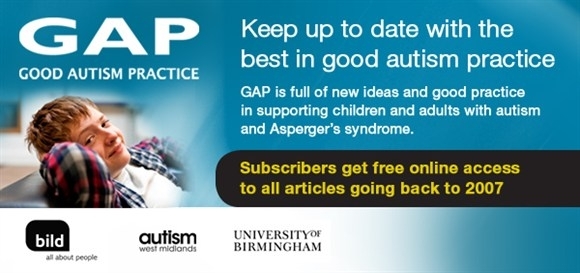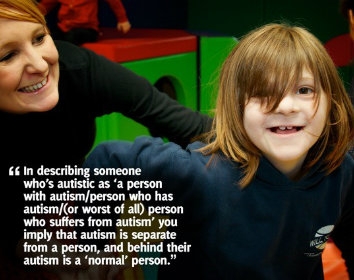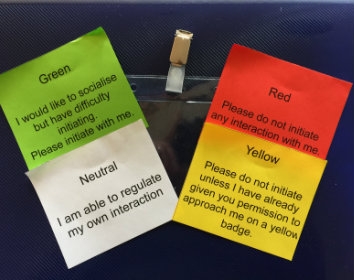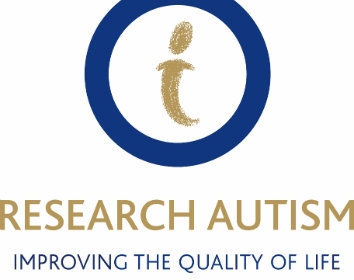Share Magazine Winter 2015
Can we shape the future of autism research in the UK?
20/10/2015
Michael McCreadie
In 2013 a report, A Future Made Together, was published which aimed to provide an overview of research into autism in the UK. The report found that greater investment in UK autism research was required in those areas that matter to autistic people, their families and those who work with them. Only a small percentage of funding is currently focused on researching autism services, for example. Since its publication the authors secured funding from the UK Economic and Social Research Council to bring together people from the autistic community, researchers and practitioners in five seminars across the UK.
The first of these seminars took place at the University of Edinburgh on 11 and 12 June 2015. Panel forums provided a mix of people, representing these communities to discuss specific themes and frame questions that were then explored in smaller groups. These groups allowed participants to enter into direct discourse with people they would not usually have access to in their day-to-day work. Questions emerging included: who are the autism community? How is the research question set? How are the findings of research disseminated to practitioners and who translates this into practice?
As a result of this discussion a number of important observations were made:
• The most robust research is generally carried out by academic institutions who see this as part of their day-to-day role and can dedicate resource to it.
• Academic institutions receive funding primarily through grant applications.
• The bodies that offer grants may not share the same research interests as either the autistic community or the services.
• The autistic community is diverse and so further effort is required to engage more people from across the community with regards to research.
• While professional researchers attempt to use robust methodology, the uptake of findings by practitioners is mixed.
Perhaps what the two days highlighted the most is that autism is a ‘nexus’ term, and so research should reflect this. It was also noted that while there is value in highly robust research involving randomised control trials, useful evidence can take many forms.
Following the event, I have further reflected on the question of funding, agendas, the research question, and the role of services. As a practitioner, I split my time between my clinic where I see people with autism who have elected for help with the difficulties they face, and services that support people directly. Services are in a unique position to listen to the autistic community and respond to the sometimes unique but often shared difficulties that people are confronted with. However, services have been placed under significant pressure by austerity cuts resulting in the curtailing of activity other than direct care. A Future Made Together highlights the lack of funding for autism research focused on services. I wonder if directing some funding to services to engage in research partnerships with academic institutions may bridge the way to influencing research questions.
To finish on a personal note: during the summation of the two days I posed a question to a fellow practitioner psychologist. As it is expected of practitioner psychologists that we engage in research as part of our competency framework are we then not in a unique position to encourage, carry out and research in the services in which we work? The answer must surely be in the affirmative.





